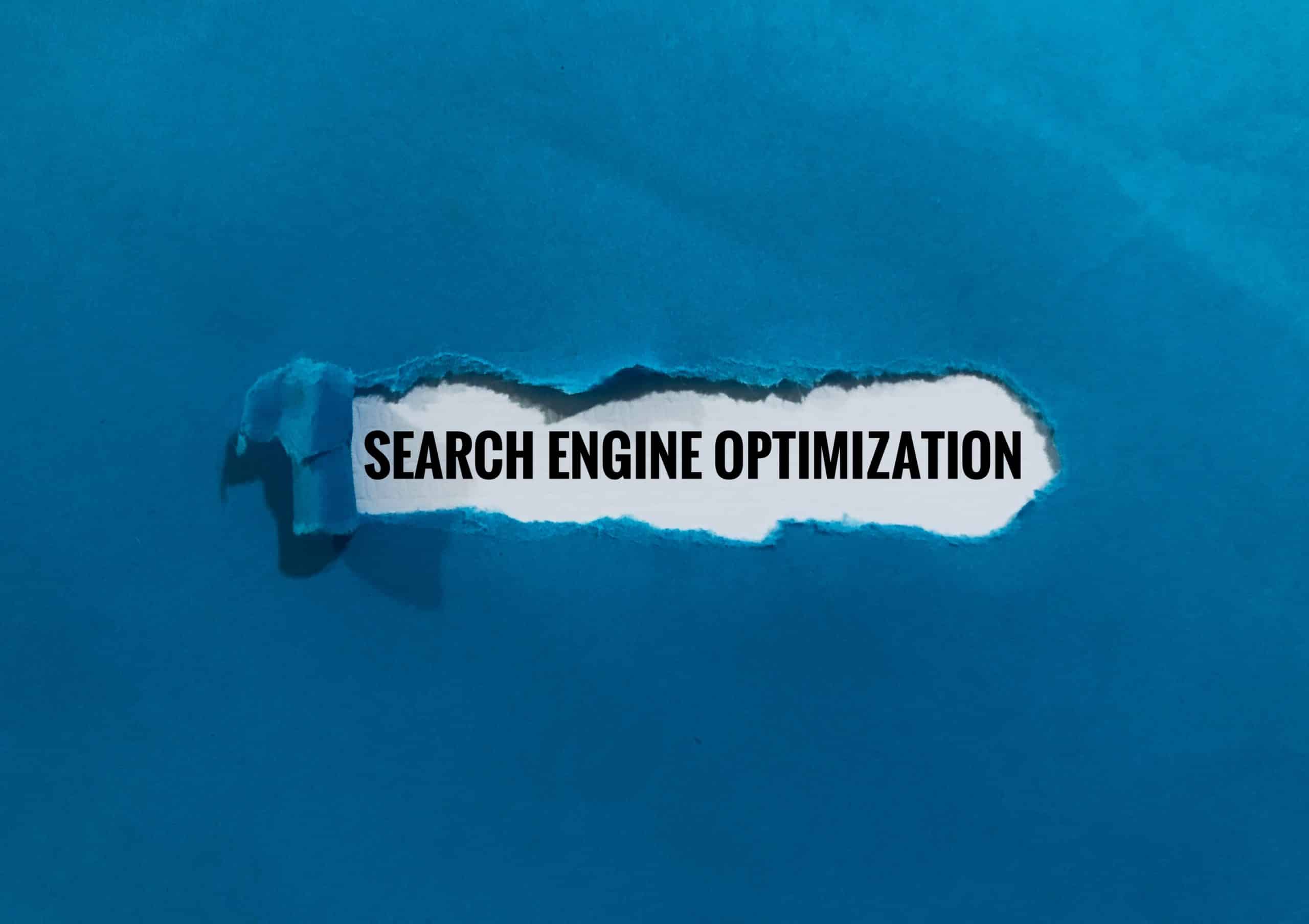Your day is filled with multiple tasks, each demanding your undivided attention. You have to review legal documents, analyze data, and be prepared for potential cases that may come your way. Here’s the good news: artificial intelligence (AI) can help lighten your load.
AI technology is making waves in various sectors, including the legal sphere. As law firms and legal professionals, it’s essential to be on top of these advancements, especially those that can help streamline your workflow. One such blessing from the realm of technology is AI’s ability to assist with legal document analysis. This article delves into how this technological marvel can help you navigate through the intricate language and process of law.
Have you seen this : Are Smart Helmets Making Construction Safer?
AI’s Assistance in Reviewing Legal Documents
Legal document review can seem like a never-ending task. The volume of documents that lawyers have to handle daily can be overwhelming. Let’s explore how AI can help.
AI tools are equipped with algorithms that can scan and analyze large amounts of data in less time than it would take a human. They can sift through multiple legal documents, identify primary themes, and highlight important sections. These tools can also detect patterns or inconsistencies which would otherwise be hard to spot.
In the same genre : What’s Next for Blockchain in Voting Systems?
AI can understand the language of the law, discerning between different types of contracts, identifying clauses, and even providing suggestions for modifications. Besides, AI tools can help predict potential risks in contracts, assisting lawyers in making informed decisions.
How AI Helps Law Firms Manage Their Time Better
Time is an invaluable resource for every law firm. So, how can AI help you manage it better?
AI has the potential to automate routine tasks, freeing up precious time for lawyers to focus on more complex cases. AI tools can quickly sift through documents, summarize them, and highlight key points. By doing so, they minimize the time spent on manual review of documents.
Additionally, AI is always available and does not suffer from fatigue, unlike humans. This makes it possible to review and analyze legal documents 24/7, boosting productivity and saving time in the process.
Improving the Quality of Legal Document Analysis with AI
Quality is an essential factor when it comes to legal document analysis. Can AI tools maintain the same level of quality as human professionals?
AI technology can, indeed, uphold quality standards in legal document review. AI tools are programmed to follow specific criteria and guidelines for analysis. They are designed to be precise, consistent, and accurate.
Moreover, AI tools can offer an objective analysis, free from human biases. They can provide data-driven insights, making the decision-making process more informed and robust. AI tools can also identify potential risks and legal implications that might go unnoticed by humans, contributing to a more comprehensive analysis.
AI’s Role in Mitigating Potential Risks
In the world of law, the stakes are high, and a small oversight could lead to significant consequences. How can AI assist in mitigating potential risks?
AI can be a powerful tool in risk management. By analyzing past data, AI tools can predict potential risks and suggest preventive measures. Such predictive analysis can be instrumental in preventing costly mistakes or litigations in the future.
Furthermore, AI tools can provide real-time updates and alerts about potential issues in contracts or legal documents. This enables lawyers to take timely action and mitigate risks effectively.
The Future of AI in Legal Document Analysis
The stage is set for AI to revolutionize the way legal document analysis is conducted. But what does the future hold?
AI is likely to become an integral part of legal firms. It can be expected that AI tools will evolve to handle more complex tasks, reducing the burden on legal professionals.
AI is also likely to aid in the creation of a more standardized and efficient legal language. This would simplify the document review process, making it easier for lawyers to understand and interpret legal documents.
In conclusion, AI holds significant potential to streamline legal document analysis, making it faster, more efficient, and reliable. It’s an exciting time to be part of the legal profession, and embracing AI could well be a game-changer.
AI’s Impact on the Legal Industry’s Efficiency
Artificial intelligence is undoubtedly reshaping the future of the legal industry by boosting its efficiency. How can AI accomplish this?
Traditionally, the process of reviewing legal documents and contract analysis is labor-intensive and time-consuming. But with AI, this task becomes significantly more manageable. AI, equipped with machine learning algorithms and natural language processing, scans through documents at a speed no human could match. It has the capability to read, understand, and interpret legal language, thereby accelerating the document review process.
Moreover, AI can handle multiple tasks simultaneously. Whether it’s pulling out necessary data from a pile of documents, highlighting critical clauses in contracts, or detecting anomalies, AI makes these tasks seamless and swift. Besides, AI also offers document management solutions, making it easier for legal teams to organize, store, and retrieve documents. This automation of repetitive tasks frees up time for legal professionals to focus on more pressing legal work.
Additionally, AI-powered tools can offer predictive analysis, providing insights based on past data. This can prove helpful in cases where a historical perspective can offer valuable context. AI’s ability to learn from past data and improve over time also implies that the more data it processes, the more accurate and efficient it becomes.
In essence, AI is set to revolutionize the legal industry by increasing efficiency and accuracy, reducing the workload on legal professionals, and offering improved document management solutions.
Conclusion: Embracing AI in the Legal Sphere
The implementation of AI in legal document analysis is no longer a futuristic concept; it’s a reality that law firms and legal professionals are embracing today. AI is proving to be a significant asset in improving the efficiency and accuracy of legal work.
Thanks to machine learning algorithms and natural language processing, AI can decode the complex language of the law, identify key insights, and streamline document reviews. AI also brings about a new level of precision and consistency in legal document analysis, setting a high standard of quality. The ability of AI to predict potential risks and suggest preventive measures serves as an added advantage, contributing to effective risk management.
Furthermore, AI’s promise to reduce time-consuming tasks and enhance productivity cannot be overlooked. It not only saves time but also allows legal professionals to focus on more complex cases, adding value to their role.
In conclusion, adopting AI in the legal sphere is not just an option but a necessity. It’s a step forward towards a more efficient, reliable, and sophisticated legal industry. The future of legal document analysis lies in the hands of AI, and it’s an exciting era for the legal profession to witness and be part of this technological transformation.






